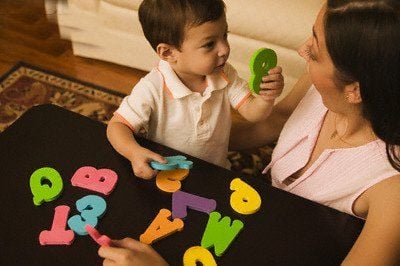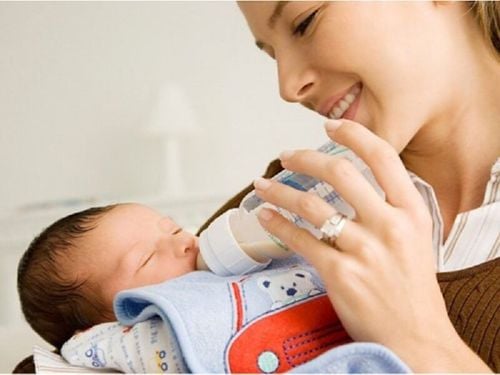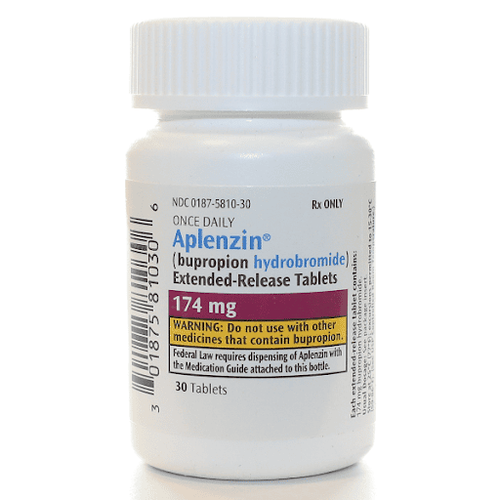This is an automatically translated article.
The article is professionally consulted with Master, Doctor Nguyen Minh Son - Interventional Cardiologist - Department of Medical Examination & Internal Medicine - Vinmec Nha Trang International General Hospital.Developmentally delayed children tend to affect mainly between the ages of 3 and 5. This is a time when children are learning and perfecting their skills, including language, motor, social, emotional, and cognitive. Early diagnosis and treatment of a developmental delay can help children catch up with other children of the same age.
1. What is a child with developmental delay?
A child's developmental delay can include problems related to some of the following areas:Speech and language delays; Developmental delay in movement or motor skills; Delayed development of social and emotional skills; Slow development of cognitive skills.
2. Overview of types of developmental delay in children from 3 to 5 years old
Each child will develop at their own pace. However, some babies may have developmental delays in some areas and need to be addressed early.2.1. Children with delayed development of language and ability to speak
This is considered the most common type of developmental delay in children. Children with speech and language delays may sound similar, but they are actually different types of problems.Children with speech delay have many different expressions. However, if children have language problems, they will often have difficulty expressing themselves or understanding others.
Delays in these skills can happen for a variety of reasons, including:
Children have problems with their tongue and palate, making it difficult for them to form sounds and words; The child has an ear infection, which leads to hearing loss and other hearing problems; Have a learning disability; The child has a developmental disorder, such as autism spectrum disorder or cerebral palsy. If your child has a delay in language and speech development, you should see a doctor or speech therapist as soon as possible. A number of speech therapy measures will help children express themselves, including:
Understanding what others say in conversation; Know what to say yourself; Help children try to answer their own thoughts. In addition, speech therapy for children with developmental delays can also help with pronunciation problems and strengthen the muscles of the face/mouth. Parents should also do some of the following to support their child's language and speech development, including:
Talk to your child throughout the day. Ask the children some questions and respond to their answers; Read books to your child every day; Treat an ear infection or any other condition that can affect your child's hearing. There is no specific time limit for a child to start speaking or using full sentences. However, most children can reach language and speech development milestones by a certain age. You should contact your pediatrician if your child is unable to do some of the following things normally.
By the age of 3, children often:
Speak in short sentences; Can identify parts of the body; Know how to make words plural. By age 4, children usually:
Can tell a simple story and memorize short children's songs; Can use sentences of about 5 words; Distinguish between how to address "me" and "you" correctly. At the age of 5, children usually:
Can know their first and last names; Use the plural or past tense correctly; Ask abstract questions like “Why?”; Talk or talk about what your child did that day.

Liệu pháp ngôn ngữ cho trẻ chậm phát triển có thể giải quyết được các vấn đề về phát âm và củng cố các cơ mặt/ miệng của trẻ.
2.2. Children with delayed development of motor skills
Children with developmental delays in motor skills often have difficulty performing muscle-intensive movements, such as playing with a ball, or smaller movements such as coloring. Sometimes, children with developmental delays in this area often have problems with body coordination, so they appear clumsy compared to other children of the same age.Most cases of children with delayed development of motor skills usually occur due to some of the following reasons:
Children have some vision problems; Muscle ataxia; The brain has trouble coordinating and planning movements; Myopathy; Cerebral palsy . For cases of motor delay, the doctor can encourage the child to be active at home or perform some of the following methods:
Physical therapy helps the child perform movements that require the use of many muscle groups ; Occupational therapy helps children improve small movement skills or coordination problems; Using medicine or some other treatment for myopathy in children. Children tend to become stronger and more coordinated as they get older. Parents should let the doctor know if their child is not achieving some of the following milestones and losing any motor skills they have learned.
By the age of 3, children usually:
Can maintain balance when walking and going up and down stairs; Know how to stack more than one block of objects; Can be used on both sides of the body; Can stand on one leg for a few seconds. By the age of 4, children usually:
Can throw a ball from above or catch a big ball; Ride a 3-wheeler; Jump in place or jump on one foot; Grab a pen and doodle. At the age of 5, children usually:
Build a tower of 6-8 blocks by themselves; Use scissors for children; Undress yourself with ease; Hold the pen comfortably; Stand on one leg for 10 seconds; Can walk up/down stairs without using handrails; Brush your teeth, wash or dry your hands.
2.3. Children with social and emotional retardation
Children with social-emotional delays may have difficulty getting along with adults or other children. Most often, this problem appears before children start school.One of the most common causes of social and emotional retardation in children is autism spectrum disorder (ASD). This disorder can affect the way a child interacts socially, behaves and learns.
Treatment for social and emotional retardation will depend on the cause and how it affects the child's daily life. Some special behavioral therapy or the use of medication may be helpful if a child has behavioral problems due to developmental delays. In addition, parents should also seek out a therapist to learn ways to help promote social and emotional skills in their children at home. When these problems are addressed as early as possible, children with developmental delays are more likely to catch up with other children of the same age.
You'll know a 3-year-old has a delay in social and emotional skills development if they don't show the following:
Shows concern for other children; Feeling more comfortable away from caregivers or parents; Can keep good eye contact. When normal children are 4 years old, they are usually able to:
Cry less when their parents move away; Tends to pay more attention to other children; Respond to questions from people outside the home. Children 5 years of age with social and emotional retardation often do not have the following abilities:
Express a wide range of emotions; Can be separated from parents easily; Want to play with other kids more.

Trẻ chậm phát triển về mặt xã hội – cảm xúc có thể gặp phải những khó khăn khi hòa đồng với người khác
2.4. Children who are slow to develop cognitive skills
When a child has problems with thinking, remembering and learning, the condition indicates that the child is experiencing a delay in cognitive skills development. Causes of cognitive delay can include errors in the genome, physical and environmental problems, premature birth, certain prenatal medical conditions, and even accidents.Depending on the diagnosis, the doctor will recommend a number of treatments for cognitive delay in children, including:
Play therapy or occupational therapy; Special education for children with cognitive retardation; Medications help with behavior problems that may be associated with cognitive skill delays, such as inattention or mood swings. Children 3 years old with delayed cognitive skills often do not have the following symptoms:
Can understand simple instructions; Participate in games with other children; Likes to play with toys. For 4-year-olds, you can recognize cognitive delays in children when they are unable to perform skills such as participating in interactive or imaginative games.
In a 5-year-old child with developmental delays in this area, they are often easily distracted and find it difficult to concentrate on an activity for more than 5 minutes.
Parents know their children better than anyone. Therefore, do not be afraid to let the doctor know as soon as you feel that your child is acting abnormal. Children's growth retardation is best improved when diagnosed and treated early.
Currently, the Pediatrics Department at Vinmec International General Hospital is trusted by many parents to examine the diseases that infants and young children are susceptible to. Vinmec brings satisfaction to customers and is highly appreciated by industry experts by:
Gathering a team of leading pediatricians: Including leading experts with high professional qualifications ( professor, associate professor, doctorate, master), experienced, worked at major hospitals such as Bach Mai, 108. The doctors are all well-trained, professional, conscientious, understanding young psychology. In addition to domestic pediatric specialists, the Department of Pediatrics also has the participation of foreign experts (Japan, Singapore, Australia, USA) who are always pioneers in applying the latest and most effective treatment regimens. . Comprehensive services: In the field of Pediatrics, Vinmec provides a series of continuous medical examination and treatment services from Newborn to Pediatric and Vaccine,... according to international standards to help parents take care of their baby's health from birth to childhood. Advanced techniques: Vinmec has successfully deployed many specialized techniques to make the treatment of difficult diseases in pediatrics more effective: neurosurgery - skull, stem cell transplant blood in cancer treatment. Professional care: In addition to understanding children's psychology, Vinmec also pays special attention to the children's play space, helping them to play comfortably and get used to the hospital's environment, cooperate in treatment, improve the efficiency of medical treatment. Reference source: webmd.com













